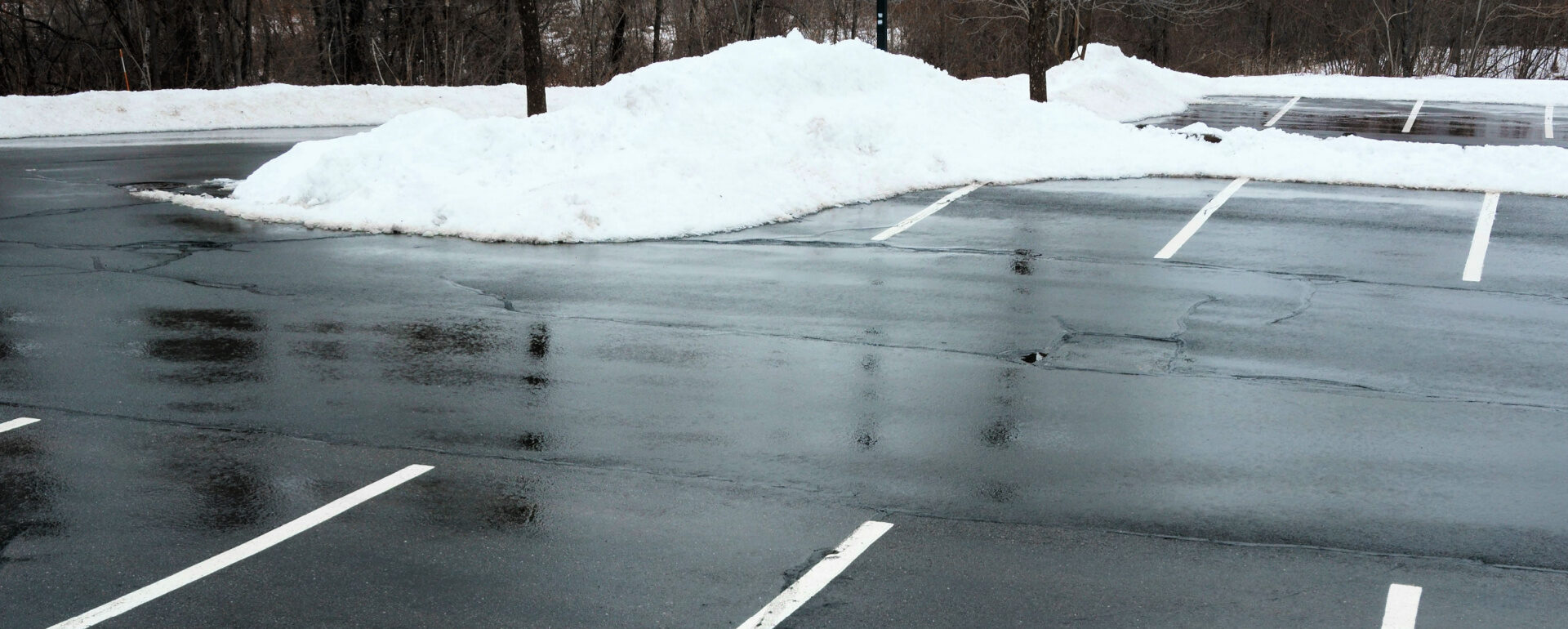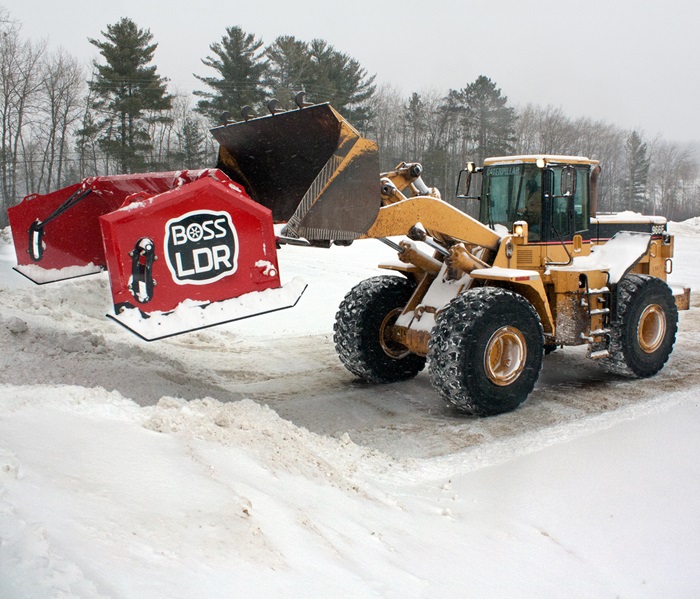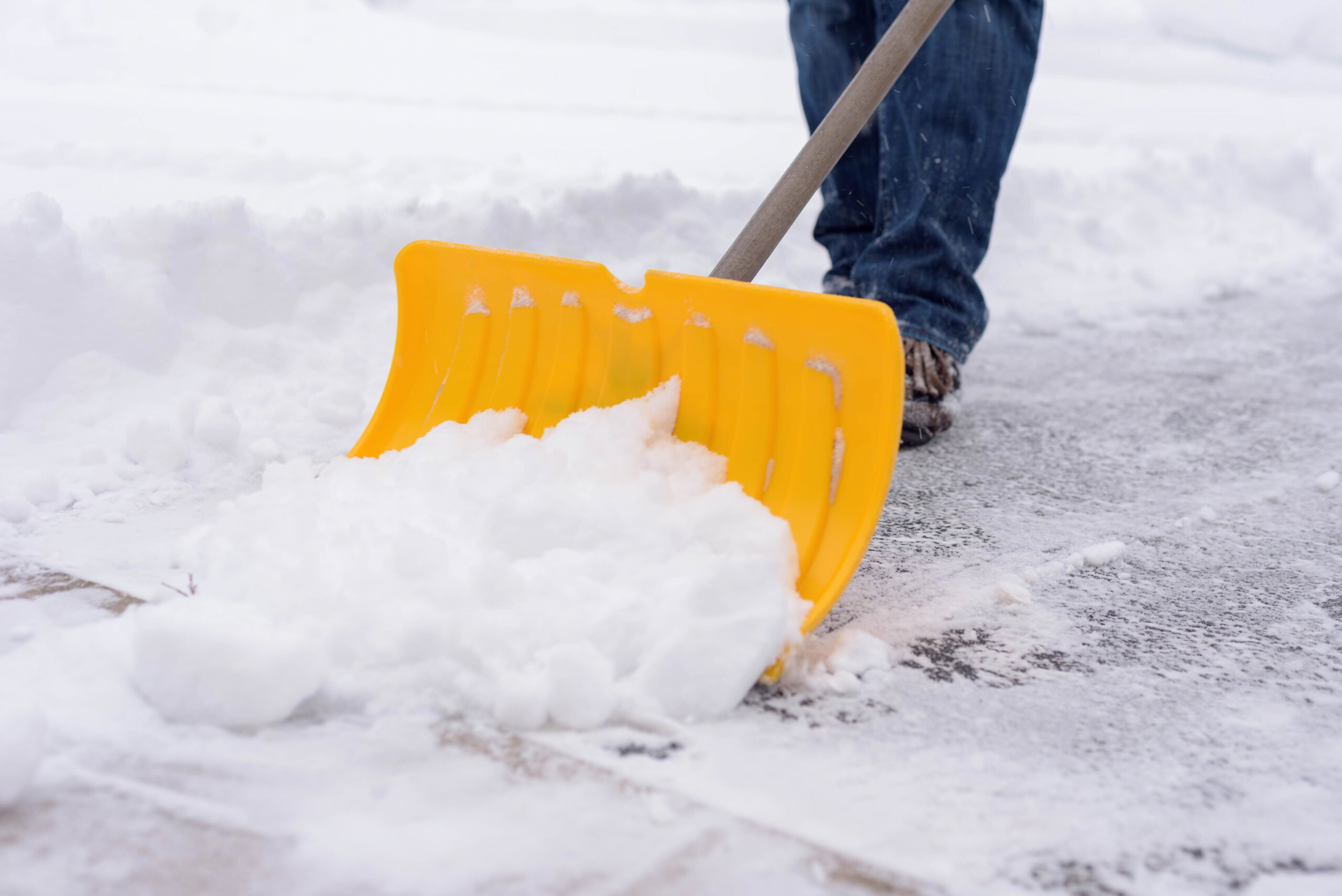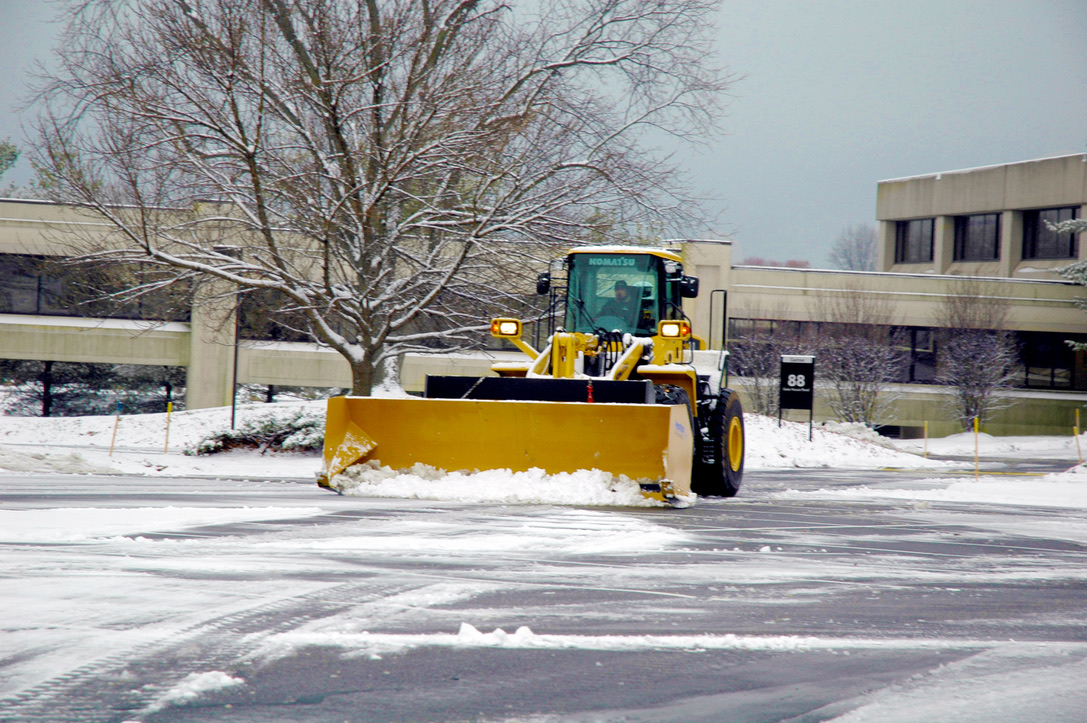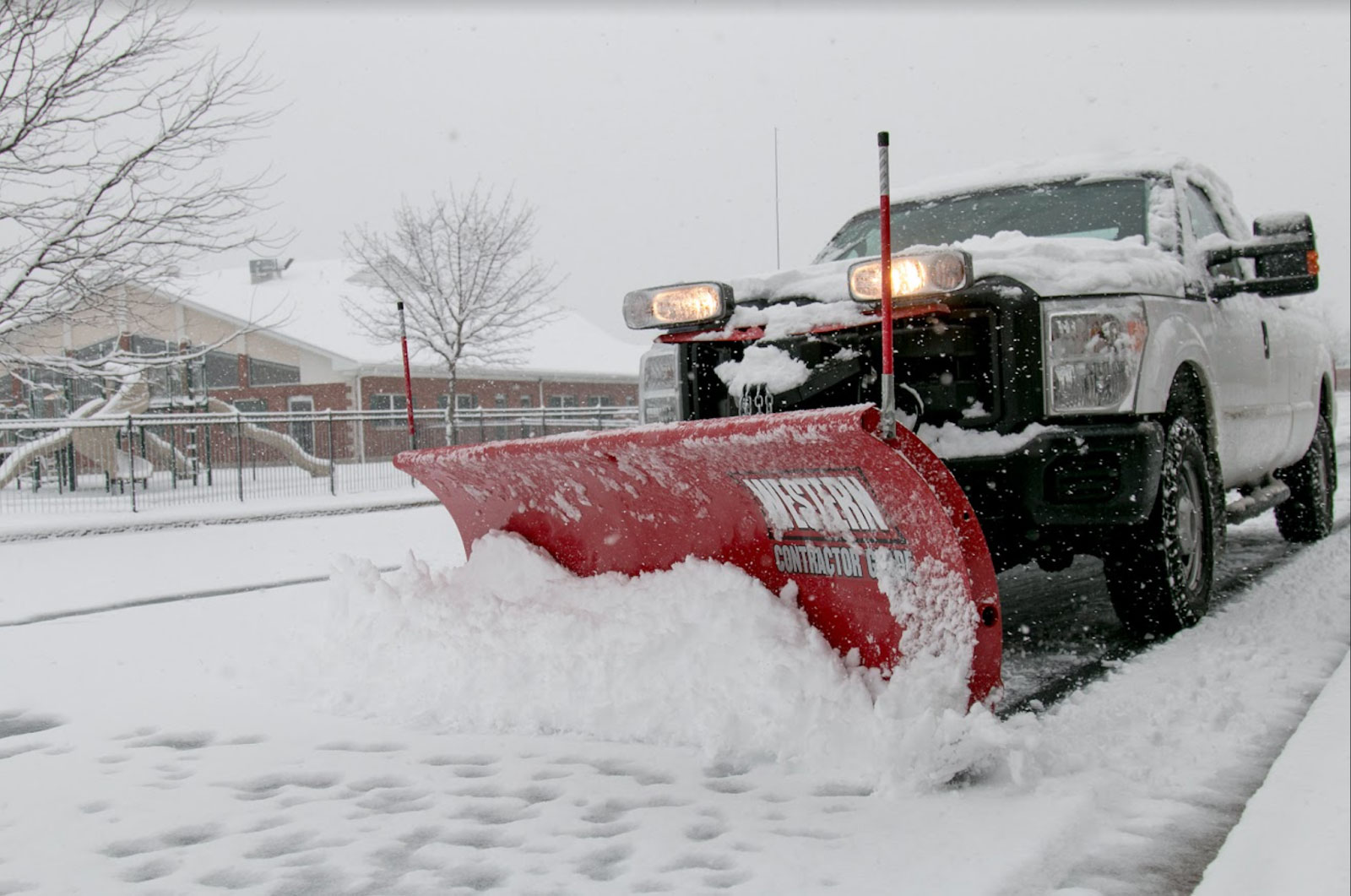When winter unleashes its fury, one question echoes in the minds of commercial landlords and tenants alike: are commercial tenants responsible for snow removal? This age-old question often sparks debate, confusion, and even legal battles. Understanding who is responsible for snow and ice removal in a commercial setting doesn’t have to be a blizzard of uncertainty.
DMC SNOW can help with all commercial snow removal, give us a call if you are looking for snow removal in Allentown, PA and surrounding areas.
The answer to the question “are commercial tenants responsible for snow removal?” often boils down to one crucial document: the lease agreement.
Decoding the Lease Agreement
Think of your lease agreement as a roadmap. It clearly outlines the responsibilities of both landlords and tenants, especially when it comes to rental properties. This document should specifically state who is responsible for snow and ice removal. In some cases, the landlord takes on this responsibility, ensuring a safe and accessible property for tenants and their customers.
Alternatively, the lease might assign snow removal duties to the tenant. This would make them responsible for clearing walkways, parking lots, and entryways. There are a couple of scenarios for how this usually plays out.
Scenario 1: Landlord Responsibility
It’s quite common for landlords, especially those with large commercial properties, to handle snow removal themselves. They may have an in-house team or hire a snow removal contractor to handle the task.
Scenario 2: Tenant Responsibility
Some leases transfer snow removal duties to the tenant. This scenario is more likely with smaller, stand-alone commercial properties, like individual storefronts.
Ambiguity Breeds Trouble
Problems arise when the lease agreement is unclear or silent on snow removal responsibilities. This ambiguity can lead to disputes and legal complications. To prevent such situations, landlords and tenants should proactively address this issue in the lease agreements.
Navigating State and Local Regulations
Beyond the lease agreement, it’s crucial to understand applicable state and local regulations. Some municipalities impose strict timelines for snow removal, especially when sidewalks abutting a property are publicly used.
The Case of Ramslee Motors: A Real-World Example
A landmark case in New Jersey involving commercial real estate sheds light on the complexities of snow removal responsibility. In Shields v. Ramslee Motors, a customer sued both the landlord and the tenant (a used car dealership) after slipping on ice in the dealership’s driveway. The customer claimed the car dealership did not properly clear snow from the property. The case went to the appellate division in the New Jersey Supreme Court, and they ultimately sided with the landlord.
They found the tenant solely responsible because the lease agreement explicitly stated that the tenant was responsible for maintenance. This included snow and ice removal. This ruling is a prime example of why understanding and adhering to the terms outlined in the lease agreement are of paramount importance for both landlords and commercial tenants alike. It highlights that the division of responsibilities, especially those related to property care and potential liabilities, should be explicitly stated to prevent disputes and ensure clarity.
Protecting Yourself: Tips for Landlords and Tenants
For Landlords:
- Specify Responsibility Clearly: Make sure your lease agreement unequivocally states who handles snow removal.
- Document Everything: Keep records of snow removal activities, including dates, times, and receipts for any hired services.
- Communicate: Regularly communicate with tenants about snow removal plans and expectations.
- Consider Insurance: Review your insurance policies, such as property liability insurance and general liability insurance, to ensure you have adequate coverage for snow-related incidents.
For Tenants:
- Understand the Lease: Carefully read and comprehend the snow removal clauses in your lease.
- Request Clarification: Don’t hesitate to seek clarification from your landlord if anything about snow removal is unclear.
- Prepare for Snowstorms: If snow removal is your responsibility, make arrangements for equipment, manpower, and supplies well in advance of winter.
FAQs About Are Commercial Tenants Responsible for Snow Removal
What if my lease says nothing about snow removal?
In situations where the lease doesn’t address snow removal, state law or local ordinances usually come into play. For specific guidance on your rights and obligations as a commercial landlord or a commercial tenant, it is advisable to consult with a real estate attorney in your area. They can help clarify who’s responsible and interpret any relevant local laws. Additionally, a real estate attorney can provide valuable insights into best practices and potential legal pitfalls to avoid.
Can I be held liable for accidents even if snow removal isn’t my responsibility?
While having a clear lease agreement is ideal, both landlords and tenants can potentially be held liable for accidents. This can happen if negligence is a factor. Imagine a tenant who routinely clears their designated area but fails to do so after a significant snowfall, leading to an accident. Even though the landlord might technically be responsible, the tenant’s inaction could be seen as negligence, making them partially liable. In such situations, having liability policies, such as commercial auto insurance or workers’ compensation, can provide a safety net.
What about common areas in a multi-tenant building?
Common areas, like sidewalks, parking lots shared by multiple tenants, and walkways, are typically the landlord’s responsibility. This responsibility extends to ensuring these areas are safe and accessible for all tenants and visitors. Think about it – it would be confusing and impractical to have multiple tenants responsible for clearing snow in a shared space.
Imagine a scenario where one conscientious tenant diligently shovels a path. However, another tenant neglects their snow removal duties, creating an inconsistent and potentially hazardous situation. This is why the task of clearing common areas is often best managed by the property owner. This approach ensures consistency, clarity, and reduces the likelihood of disputes or inconsistencies in snow and ice removal.
Conclusion
Figuring out whether commercial tenants are responsible for snow removal can be a little like navigating a snowy landscape – there might be a few slippery slopes. However, with a clear understanding of your lease agreement, local laws, and proactive communication, both landlords and tenants can weather the storm and prevent a meltdown when those winter months arrive.
